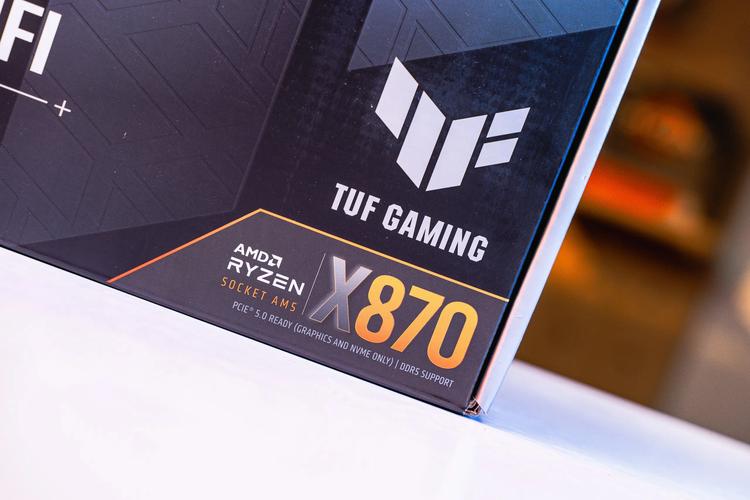
Understanding the Cost of Gaming
Have you ever wondered how much it truly costs to engage in gaming? Whether you’re a casual player or a hardcore enthusiast, the expenses can add up quickly. Let’s delve into the various aspects of paid-for gaming to give you a comprehensive understanding.
Hardware Costs
One of the most significant expenses in gaming is the hardware. This includes the console, computer, or gaming PC you use. The cost can vary widely depending on the brand and specifications. For instance, the latest PlayStation or Xbox console can range from $300 to $500, while a high-end gaming PC can cost upwards of $1,000 or more.

| Console | Price Range |
|---|---|
| PlayStation 5 | $399 – $499 |
| Xbox Series X | $499 – $599 |
| Nintendo Switch | $299 – $329 |
Additionally, you’ll need a gaming keyboard, mouse, and headset. These peripherals can range from $20 to $100 or more, depending on the quality and features you desire.
Software Costs
Once you have the hardware, you’ll need games to play. The cost of games can vary significantly. Some indie games may cost as little as $5 to $10, while AAA titles can range from $30 to $60. Additionally, many games require a subscription to a gaming platform, such as Xbox Game Pass or PlayStation Plus, which can cost $10 to $15 per month.
| Game | Price Range |
|---|---|
| The Witcher 3: Wild Hunt | $20 – $30 |
| Red Dead Redemption 2 | $30 – $40 |
| Among Us | $5 – $10 |
Monthly Subscriptions
As mentioned earlier, many gaming platforms require a monthly subscription. These subscriptions offer access to a library of games, exclusive discounts, and additional features. While these subscriptions can be a great value, they can also add up over time. For example, an Xbox Game Pass subscription costs $10 per month, and a PlayStation Plus subscription costs $15 per month.
Internet and Power Costs
Playing games online requires a stable internet connection, which can incur monthly fees. Depending on your internet service provider, these fees can range from $30 to $100 or more. Additionally, gaming can be power-intensive, especially if you’re using a high-end gaming PC. This can lead to increased electricity bills, especially if you play for extended periods.
Additional Expenses
There are also other expenses to consider, such as game downloads, updates, and expansions. Some games require you to download additional content, which can take up a significant amount of storage space and data usage. Additionally, many games offer expansions or downloadable content (DLC) that can cost extra.
Conclusion
As you can see, the cost of gaming can vary widely depending on your preferences and needs. From hardware and software to subscriptions and additional expenses, it’s essential to consider all the factors before diving into the gaming world. By understanding the costs, you can make informed decisions and budget accordingly.




